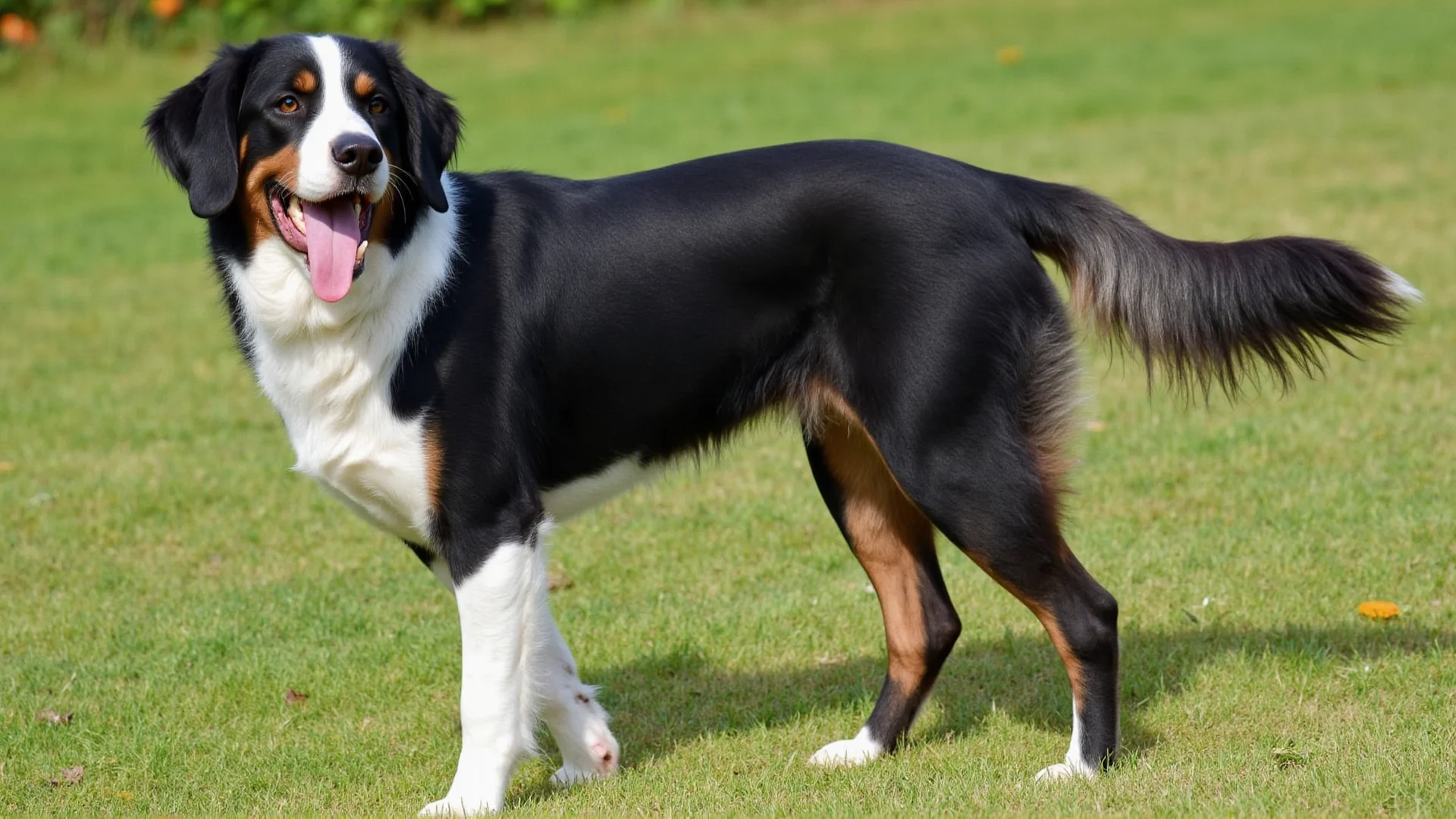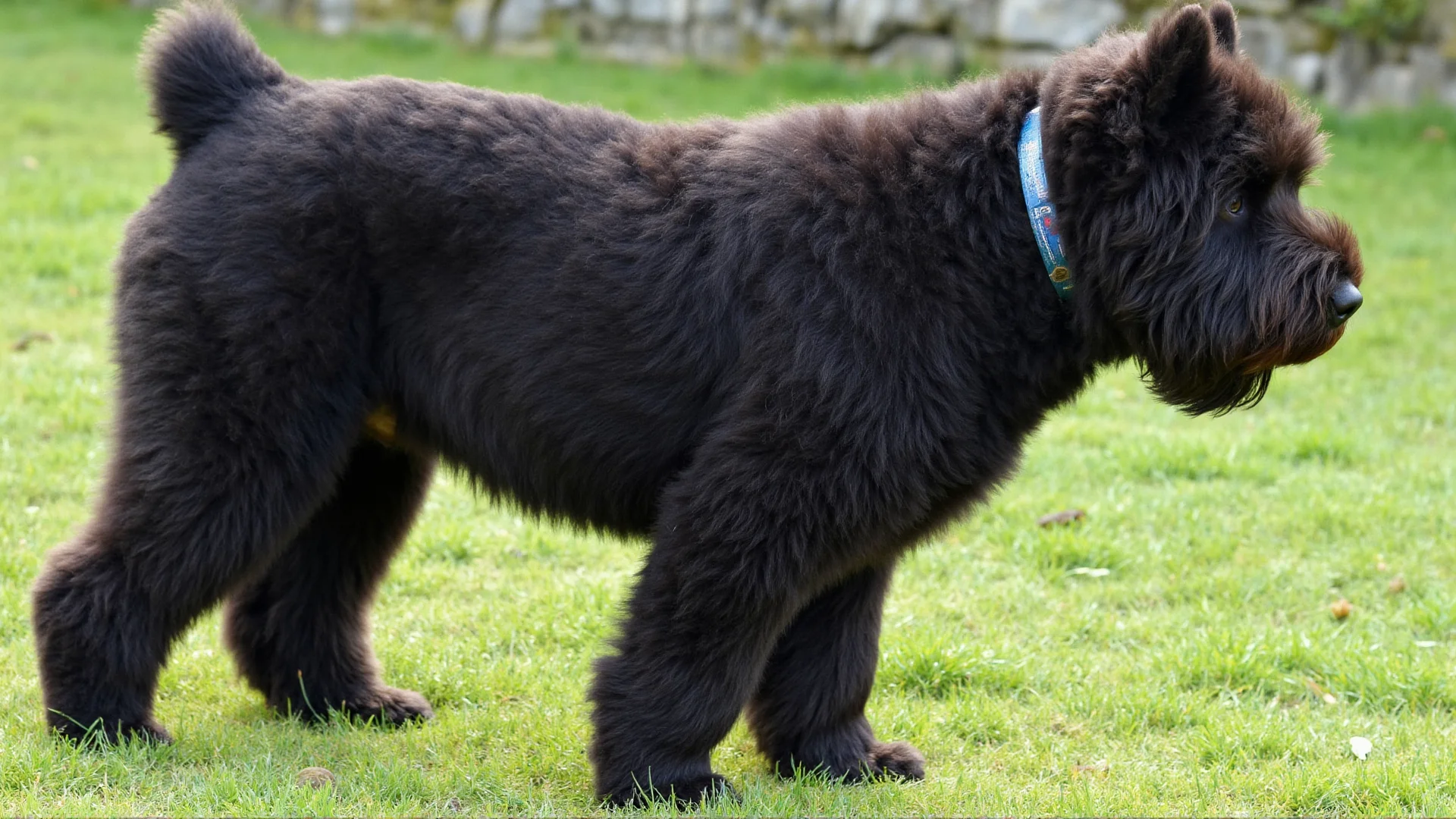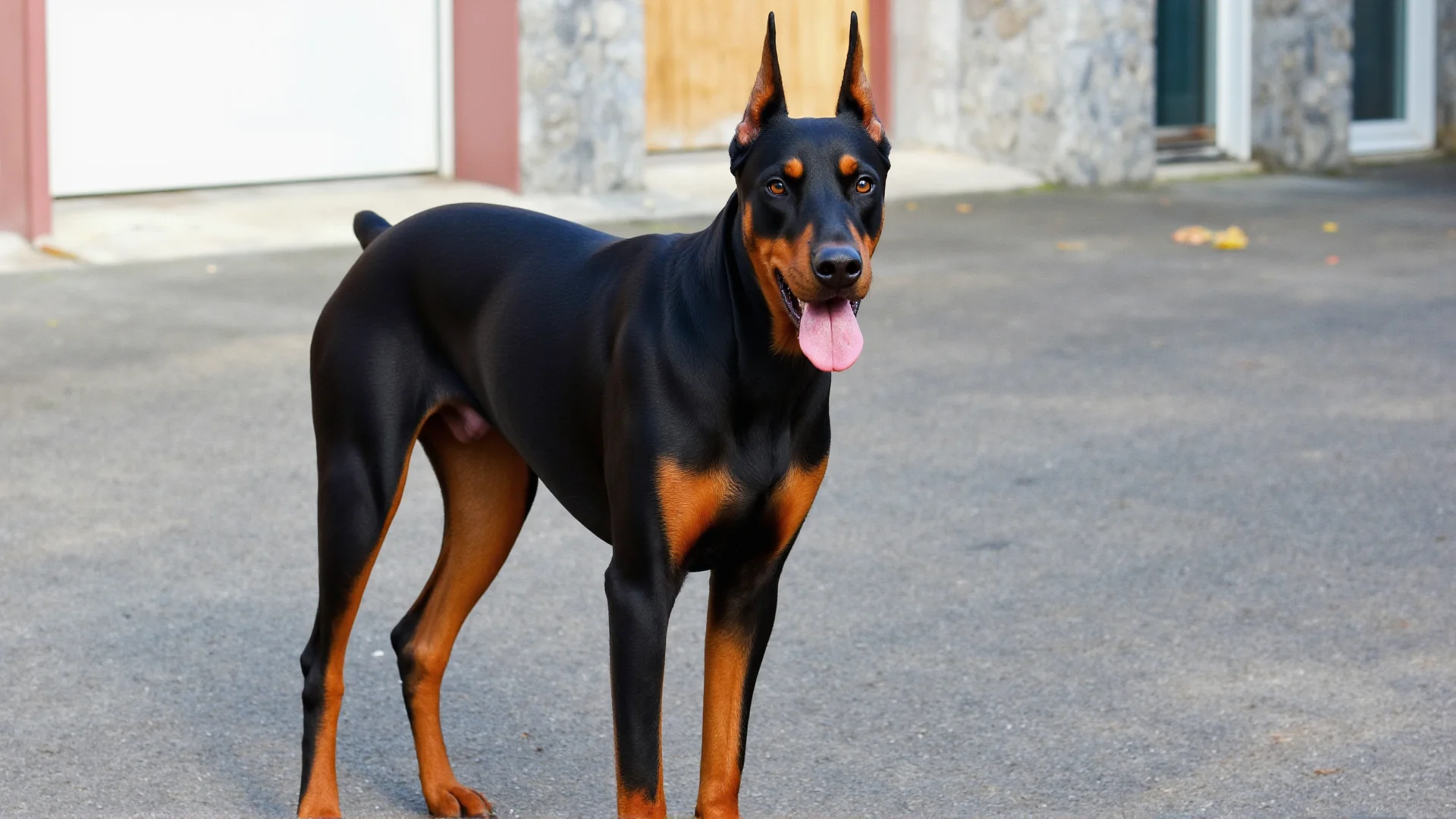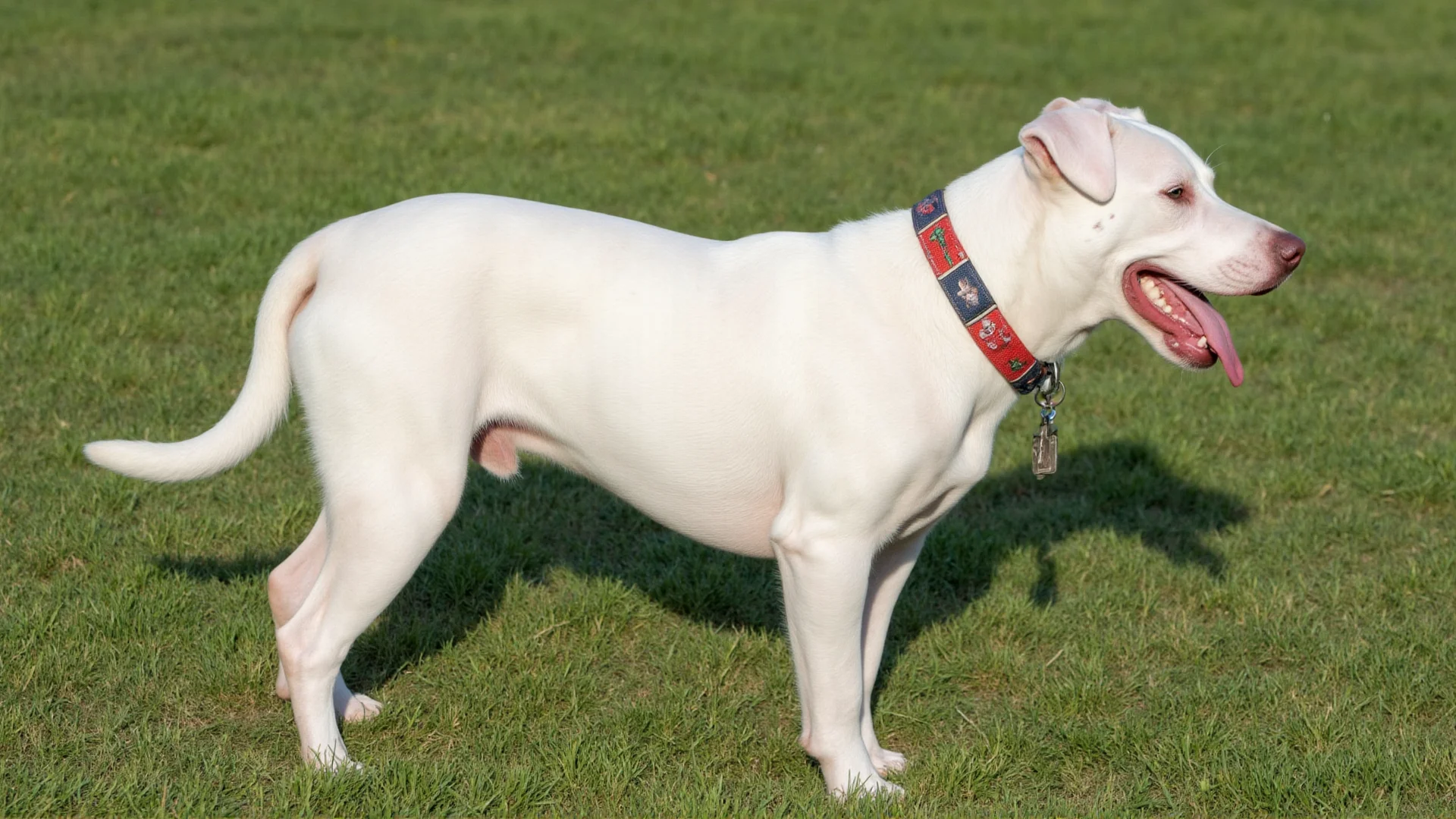Greater Swiss Mountain Dog: The Ultimate Working Companion for Modern Families
The Greater Swiss Mountain Dog, affectionately known as the "Swissy," represents the perfect blend of power, intelligence, and gentle temperament that makes for an exceptional working companion. As the largest and oldest of the four Swiss Sennenhund breeds, these magnificent dogs have been serving Swiss farmers and families for centuries, and their working heritage continues to make them outstanding companions in modern homes.
The Working Heritage of the Greater Swiss Mountain Dog
Originally bred in the Swiss Alps, Greater Swiss Mountain Dogs were developed as multi-purpose working dogs capable of handling the demanding tasks of mountain farm life. These powerful canines served as draft dogs, pulling heavy carts loaded with goods to market, herding livestock across challenging terrain, and serving as loyal guardians of both family and property.
Their working background has instilled in them an incredible work ethic and desire to please their handlers. Unlike many breeds that were developed for specific tasks, the Swissy was bred to be adaptable, switching seamlessly between pulling loads, herding cattle, and protecting the homestead as needed.
Physical Characteristics Built for Work
The Greater Swiss Mountain Dog's physical build reflects their working heritage. Males typically stand 25.5-28.5 inches tall and weigh 115-140 pounds, while females are slightly smaller at 23.5-27 inches and 85-110 pounds. Their substantial bone structure and powerful musculature make them capable of impressive feats of strength.
Their distinctive tri-colored coat—featuring a black base with rich rust and white markings—isn't just beautiful; it's also practical. The dense, weather-resistant double coat protected them during long hours working in harsh Alpine conditions. The coat requires regular brushing but is surprisingly manageable for such a large breed.
Intelligence and Trainability
What sets the Greater Swiss Mountain Dog apart from other large breeds is their exceptional intelligence combined with an eagerness to work. These dogs are natural problem-solvers who thrive when given jobs to do. Their intelligence manifests in several ways:
Quick Learning Ability
Swissys are remarkably quick to understand new commands and concepts. Their working background means they've been bred to think independently while still following direction from their handlers. This makes them excellent candidates for various types of training, from basic obedience to complex working tasks.
Strong Work Drive
Unlike many breeds that need to be motivated to work, Greater Swiss Mountain Dogs actively seek out opportunities to be useful. They excel in activities like carting, where they can use their natural draft abilities, but they're equally enthusiastic about modern working roles like therapy work or search and rescue.
Emotional Intelligence
These dogs possess remarkable emotional intelligence, reading their family's moods and responding appropriately. This trait made them invaluable farm companions and continues to make them excellent family dogs today.
Modern Working Applications
While most Greater Swiss Mountain Dogs today live as beloved family pets, many still engage in work that utilizes their natural abilities and satisfies their need for purpose.
Draft and Carting Work
Many Swissy owners participate in carting, where dogs pull specially designed carts. This activity provides excellent exercise while honoring the breed's heritage. A well-conditioned Greater Swiss Mountain Dog can easily pull several times their own body weight, making them capable of hauling supplies on camping trips or helping with yard work.
Therapy and Service Work
Their calm temperament and intuitive nature make Greater Swiss Mountain Dogs excellent therapy dogs. Their substantial size provides comfort to those who benefit from deep pressure therapy, while their gentle nature makes them suitable for working with children and elderly individuals.
Agricultural Work
Some Greater Swiss Mountain Dogs still work on farms today, helping with livestock management and property protection. Their natural herding instincts, combined with their protective nature, make them valuable assets to modern agricultural operations.
Training for Work and Family Life
Successfully integrating a Greater Swiss Mountain Dog into your family requires understanding their working nature and providing appropriate training and outlets for their energy.
Early Socialization
Begin socialization early to ensure your Swissy develops into a well-rounded working companion. Expose them to various people, animals, environments, and situations. Their natural confidence usually makes socialization straightforward, but consistent exposure helps prevent overprotectiveness.
Positive Reinforcement Training
These intelligent dogs respond best to positive reinforcement methods. Use high-value treats, praise, and play to reward desired behaviors. Harsh corrections can damage the trust that's essential for effective working relationships.
Consistency and Leadership
Greater Swiss Mountain Dogs need consistent, fair leadership. They're large enough that poor training can become a serious problem, but their desire to please makes them generally easy to train when approached correctly.
Exercise and Mental Stimulation Needs
Despite their calm demeanor, Greater Swiss Mountain Dogs require adequate exercise and mental stimulation to maintain their physical and psychological health.
Physical Exercise Requirements
Adult Swissys need moderate exercise—typically 60-90 minutes daily. This can include walks, hikes, swimming, or work activities like carting. Avoid excessive exercise in hot weather, as their dark coat and substantial build make them prone to overheating.
Mental Stimulation
Mental exercise is equally important. Puzzle toys, training sessions, and work activities help keep their intelligent minds engaged. A bored Greater Swiss Mountain Dog may become destructive or develop behavioral problems.
Health Considerations for Working Dogs
Like many large breeds, Greater Swiss Mountain Dogs face certain health challenges that potential owners should understand.
Common Health Issues
Hip and elbow dysplasia, bloat (gastric dilatation-volvulus), and certain eye conditions are concerns in the breed. Responsible breeding practices and health testing help minimize these risks.
Lifespan and Aging
Greater Swiss Mountain Dogs typically live 8-11 years. Their large size means they age more quickly than smaller breeds, but proper care, nutrition, and regular veterinary checkups can help maximize their lifespan and quality of life.
Is a Greater Swiss Mountain Dog Right for Your Family?
Greater Swiss Mountain Dogs make exceptional family companions for the right households. They're excellent with children, generally good with other pets when properly socialized, and their calm nature makes them suitable for many living situations.
However, potential owners should consider:
- Space requirements—while not overly active indoors, they do need room to move comfortably
- Exercise needs—daily exercise and mental stimulation are essential
- Training commitment—their size makes proper training crucial
- Grooming needs—regular brushing and seasonal shedding management
- Shorter lifespan compared to smaller breeds
Conclusion
The Greater Swiss Mountain Dog represents the ideal working companion—intelligent, powerful, gentle, and devoted. Whether you're looking for a family pet with working capabilities or a dedicated working partner, the Swissy offers the perfect combination of traits that have made them treasured companions for centuries.
Their working heritage isn't just history; it's an active part of what makes them such remarkable dogs today. By understanding and respecting their need for purpose and providing appropriate training and exercise, you'll discover why the Greater Swiss Mountain Dog continues to be one of the most beloved working breeds in the world.
If you're considering adding a Greater Swiss Mountain Dog to your family, take time to research reputable breeders, prepare for the commitment involved in owning a large working breed, and get ready for years of loyalty, companionship, and gentle strength from one of Switzerland's finest exports.




